THE KILLER (2023)
After a fateful near-miss, an assassin battles his employers and himself, on an international manhunt he insists isn't personal.
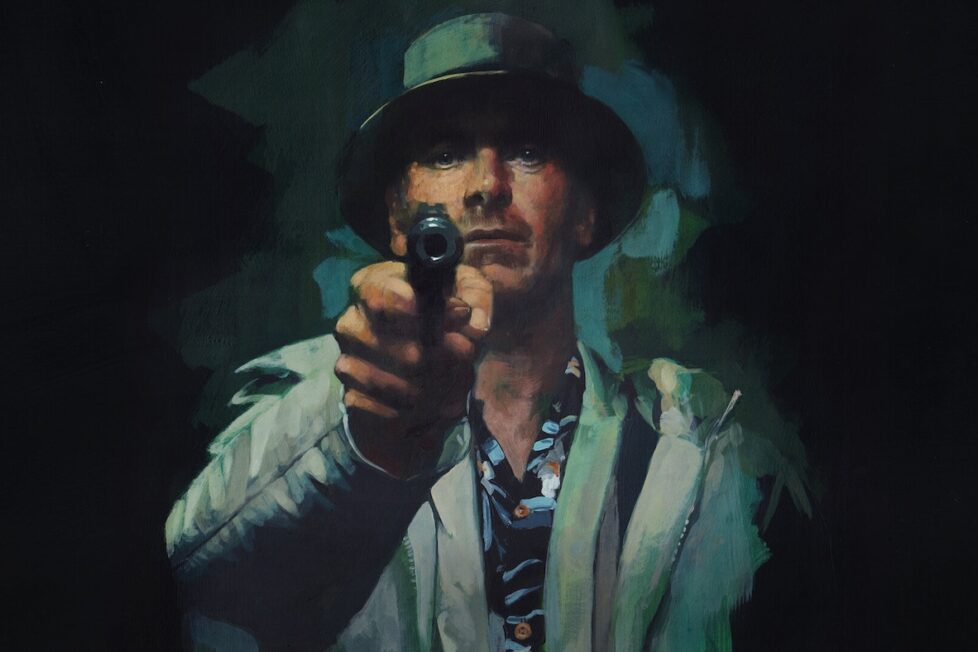
After a fateful near-miss, an assassin battles his employers and himself, on an international manhunt he insists isn't personal.


Adapted from a French graphic novel series by Alexis “Matz” Nolent and Luc Jacamon, director David Fincher (The Game) masterfully crafts another crime thriller, this time starring Michael Fassbender as a cold-blooded assassin known only as ‘The Killer’. Despite his remarkable precision and expertise, however, a Parisian assignment takes a perilous turn when The Killer’s bullet finds the wrong target. And in the unforgiving criminal underworld, a misstep like this is met with far more severe consequences than a reprimand…
The plot is fairly straightforward, following a revenge-driven protagonist as they seek retribution for past wrongs. While it shares some elements with revenge thrillers, it lacks the intensity and breakneck pace typically associated with that genre. Instead, it embraces a more absurdist approach, with characters seemingly exaggerated caricatures of their grim and gritty reality. This tonal shift creates an atmosphere that straddles the line between gritty and silly. It’s not as action-packed as Kill Bill (2003/04), nor does it delve into the disturbing realism of Ben Wheatley’s Kill List (2011). Instead, it occupies a unique niche, offering a darkly humorous take on the revenge thriller.
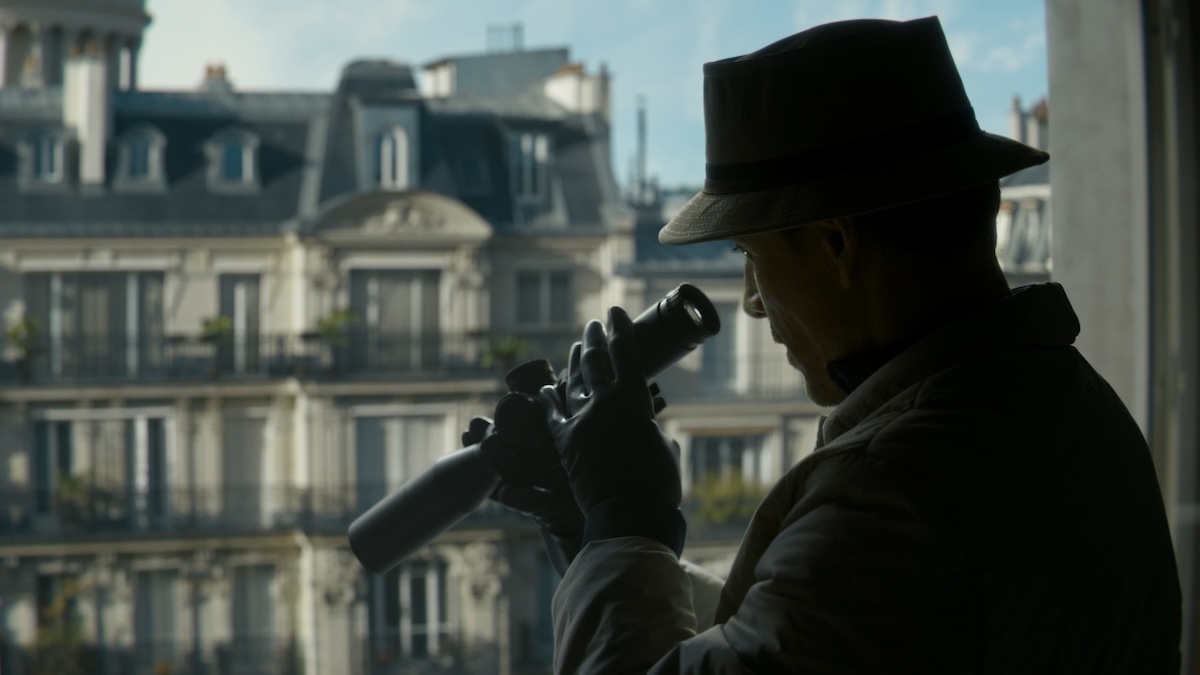
The opening credits, a polished and meticulous homage to those in David Fincher’s masterpiece Se7en (1995), aptly set the tone for the film that follows. However, upon hearing Fassbender’s gravel-voiced, pseudo-philosophical monologues, I couldn’t shake off the feeling I was watching a superhero film like Watchmen (2009) rather than a psychological crime drama. Fassbender’s dialogue, peppered with forced tough-guy lines like “I do not give a fuck” (delivered with exaggerated pauses for emphasis), veers into embarrassing machismo territory, though not enough to completely break my engagement.
Other elements are more effective. Portions of the opening monologue evoke the iconic “Royale with cheese” conversation between Samuel L. Jackson and John Travolta in Pulp Fiction (1994), albeit without the comedic, nerdy undertones of Quentin Tarantino’s dialogue. As a true crime enthusiast, I appreciated the references to infamous figures like Gary Ridgway (the Green River Killer) and John Wilkes Booth (Abraham Lincoln’s assassin), though I’m unsure how seriously Fincher or Fassbender intended these allusions to be taken. For me, they verged on camp, reminiscent of the scene in John Waters’ black comedy Female Trouble (1974), where drag queen Divine gyrates in a tank of fish heads and proclaims “I blew Richard Speck!”
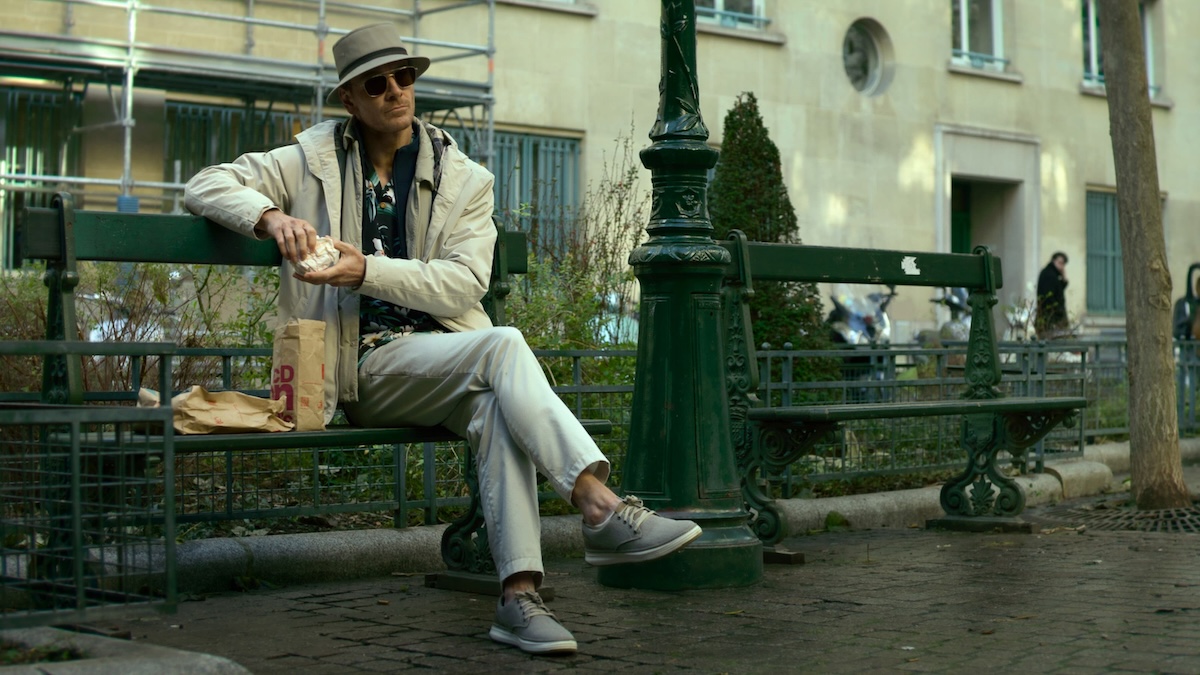
In The Killer, Fincher’s signature style feels somewhat constrained by the medium of streaming. The film has a distinctly made-for-TV aesthetic, lacking the cinematic grandeur of his earlier works. While this is arguably not a major issue given the film’s Netflix debut, it does represent a step down from the baroque grittiness that’s become synonymous with Fincher’s filmmaking.
But despite its stylistic shortcomings, The Killer boasts an excellent soundtrack that effectively enhances the film’s atmosphere. The moody rock stylings of The Smiths are prominently featured, particularly in the extended prologue, which opens with a meticulously choreographed assassination attempt from a hotel suite window across the street. This trope, commonly seen in spy thrillers, prompts the question of why potential targets don’t take the simple precaution of avoiding rooms with clear views from empty buildings.
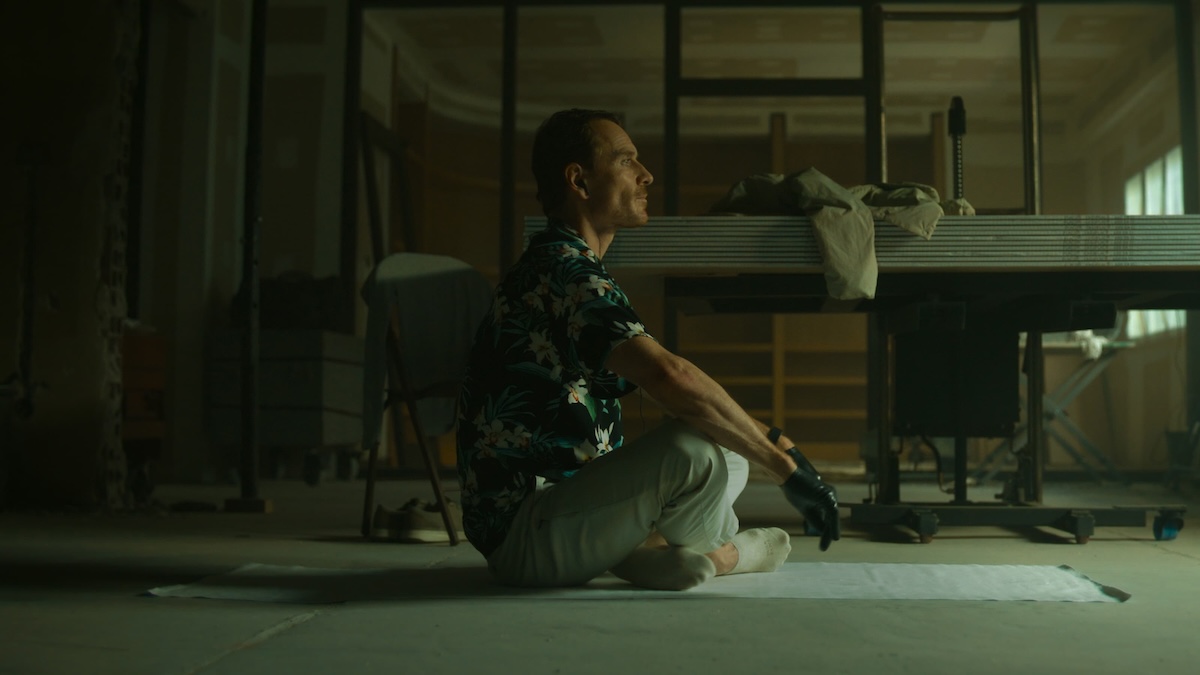
Fassbender’s internal monologue, a constant presence throughout the movie, evokes mixed emotions, much like it does in the prologue. While it offers moments of amusement and engagement, the pervasive machismo element, though not entirely unbearable, feels like unnecessary posturing that could’ve been removed. Phrases like “living among the normies” strike a rather juvenile tone, reminiscent of a creative writing exercise called “The Assassin” I experienced in school, which classmates used as an excuse to write excessive depictions of violence. The dialogue in The Killer occasionally echoes the tone of that English class exercise, feeling out of place and overly edgy.
The narrative would undoubtedly have been far more unsettling and psychologically captivating had the character been portrayed solely through his actions and dialogue. Occasionally, the internal monologue feels jarringly expository, as when Fassbender contemplates killing a secretary and muses, “Empathy is weakness.” This raises the question of whether Netflix is exerting an influence on the style here, perhaps insisting on expository monologuing to cater to viewers with shorter attention spans.
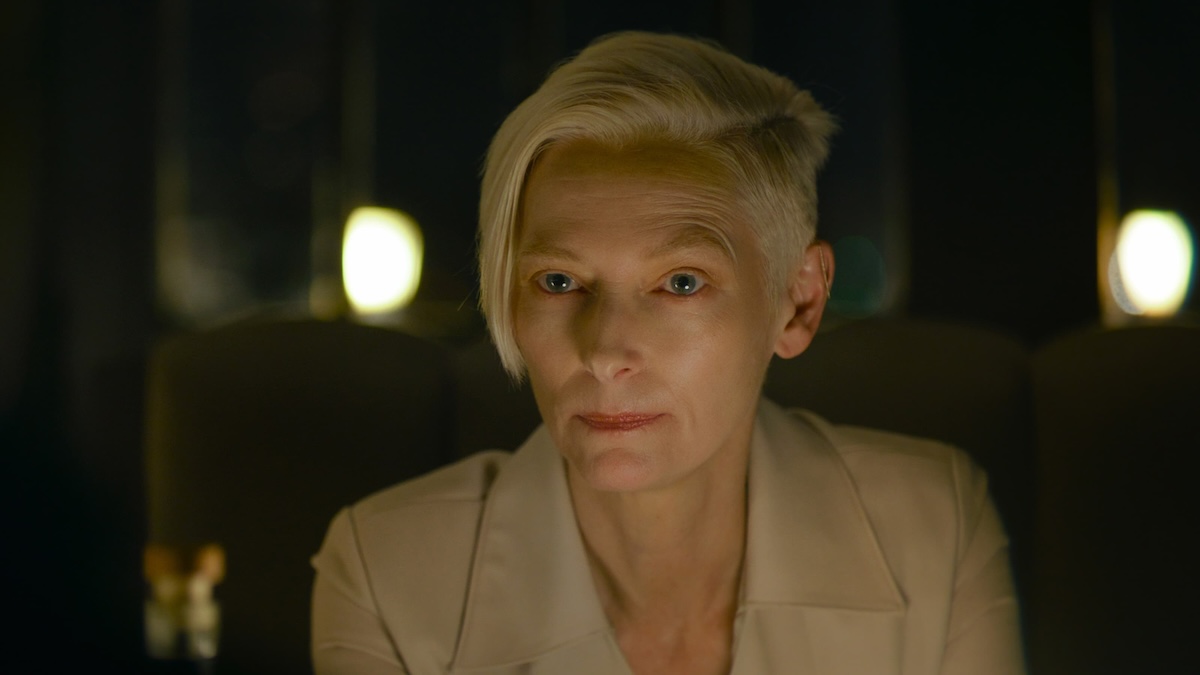
The inevitable killings are nonetheless impactful. The murder of a cab driver is particularly brutal, the coup de grace coming as he desperately tries to justify himself. Fassbender is a remarkably talented actor and brings his full range of skills to this role, though it doesn’t demand his full potential. His performance is similar to that of Christian Bale’s portrayal of Batman. Fassbender is undoubtedly a handsome man, but the film doesn’t exploit his physical appeal, perhaps due to its assumed appeal to a heterosexual male audience. While the film doesn’t need an erotic element, given its somewhat absurd exploration of genre and graphic storytelling, one can’t help but wonder what a 1970s approach would’ve added to the material to heighten the tension. Roger Corman’s “90 minutes and one scene in a strip club” rule might have provided an interesting twist.
Tilda Swinton’s late appearance as yet another underworld figure in the hired killing business is a welcome addition to the film. Swinton has always been an arresting actress, both visually and verbally, exuding an otherworldly androgynous charm. She brings her unique charisma to the high-flown, stilted dialogue in a restaurant scene that is effectively, if not unbearably, tense. The scene is reminiscent of the famous diner scene in Michael Mann’s Heat (1995), where Robert De Niro and Al Pacino, playing a thief and a detective respectively, engage in a tense and suspenseful dialogue.
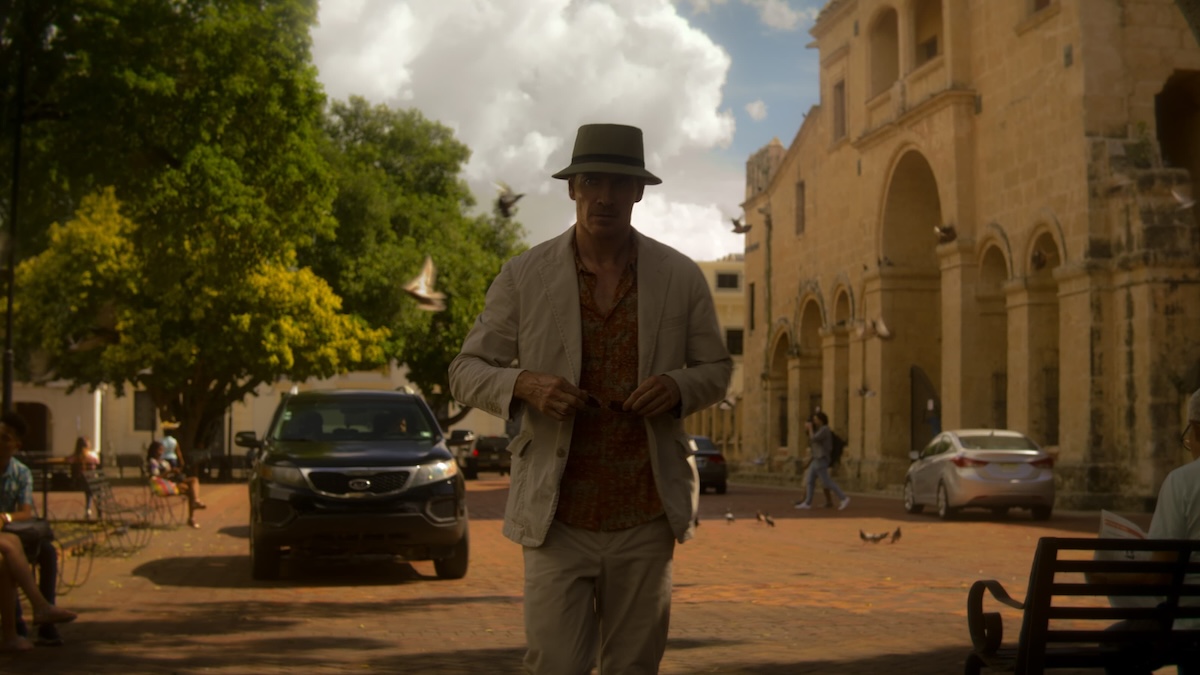
In my earlier critique of The Killer’s monologuing, I drew parallels to Watchmen, another film adaptation of a graphic novel. Indeed, The Killer’s own comic origins may partly account for its somewhat clichéd and self-conscious style. While graphic literature is capable of nuance, the medium often lends itself to broad characterisations and set pieces, particularly in stories involving violence and suspense. One can almost envision how specific scenes were originally conceived and executed for illustrated pages, utilizing visual tropes like a female assassin in a diaphanous white suit and a pistol tucked away in her handbag. The film’s brooding, somewhat adolescent existentialism and straightforward narrative structure evoke memories of male-centric comics featuring spies, assassins, thieves, and the like.
This adaptation’s genesis can be traced back to 2007, with Fincher bringing it to Netflix in 2021. This decision proved astute, given the story’s relatively simple and intimate nature. At its core, it’s a male power fantasy, more concerned with fulfilling the private ego-dreams of young men who find solace in comic books, The Smiths’ music, and the self-perceived notion of being jaded wanderers on life’s lonely path than delving deeply into the profound themes of existence. In that sense, it’s a relatively enjoyable experience.
USA | 2023 | 118 MINUTES | 2.39:1 | COLOUR | ENGLISH

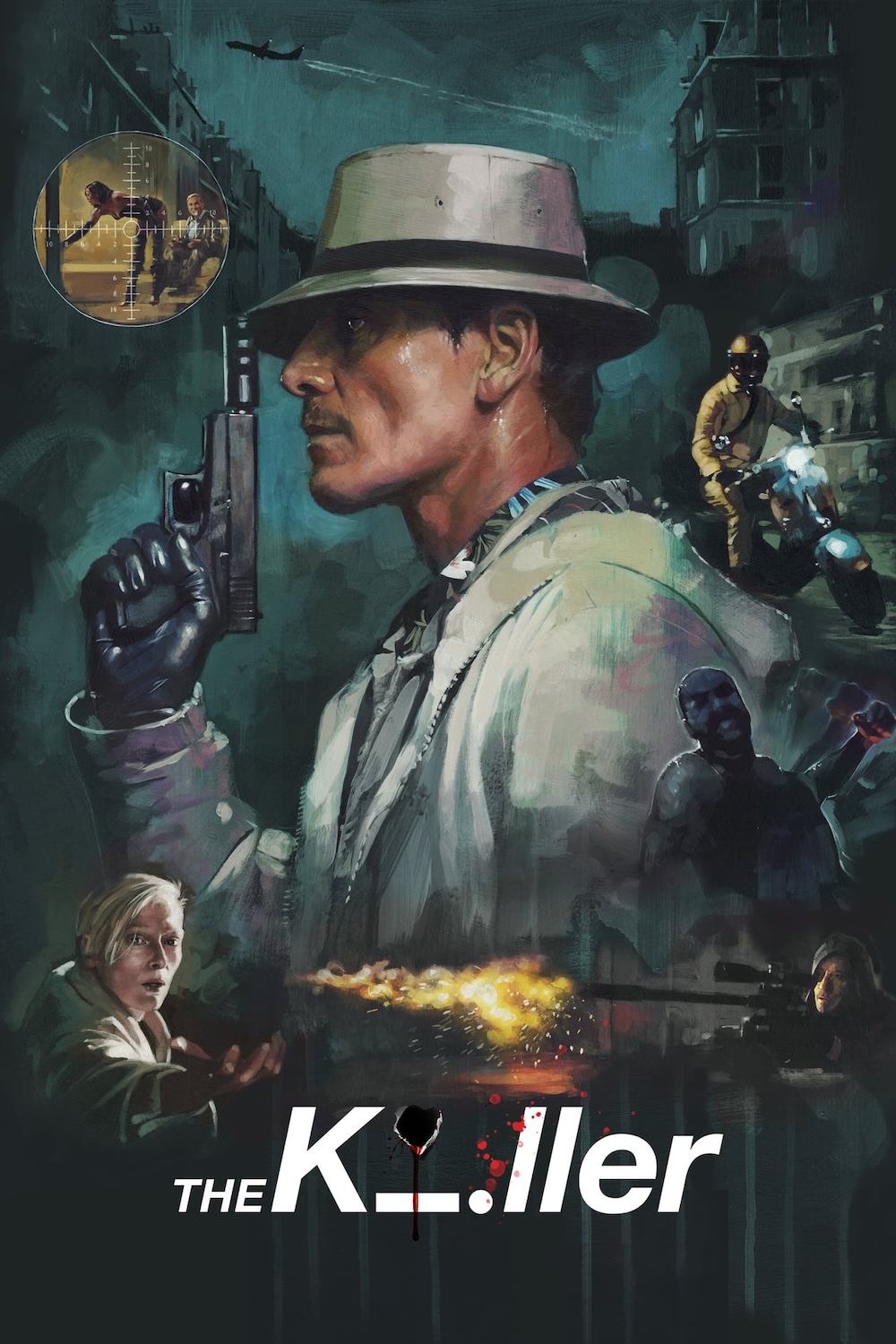
director: David Fincher.
writer: Andrew Kevin Walker (based on the graphic novel by Alexis “Matz” Nolent & Luc Jacamon).
starring: Michael Fassbender, Arliss Howard, Charles Parnell, Kerry O’Malley, Sala Baker, Sophie Charlotte & Tilda Swinton.
